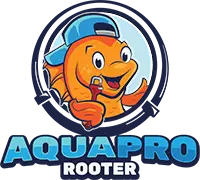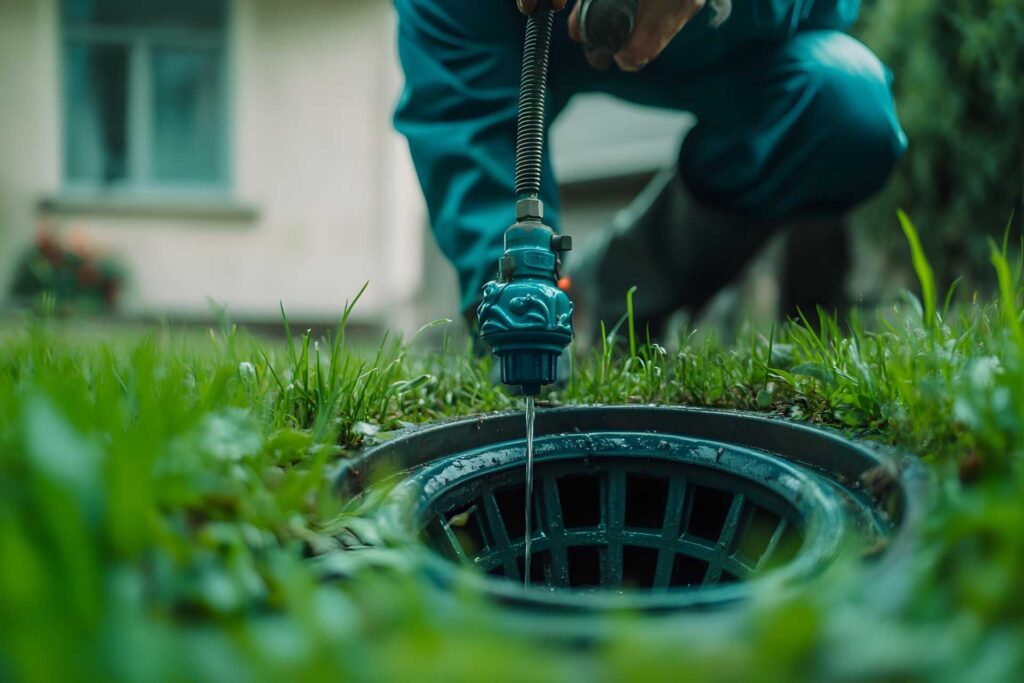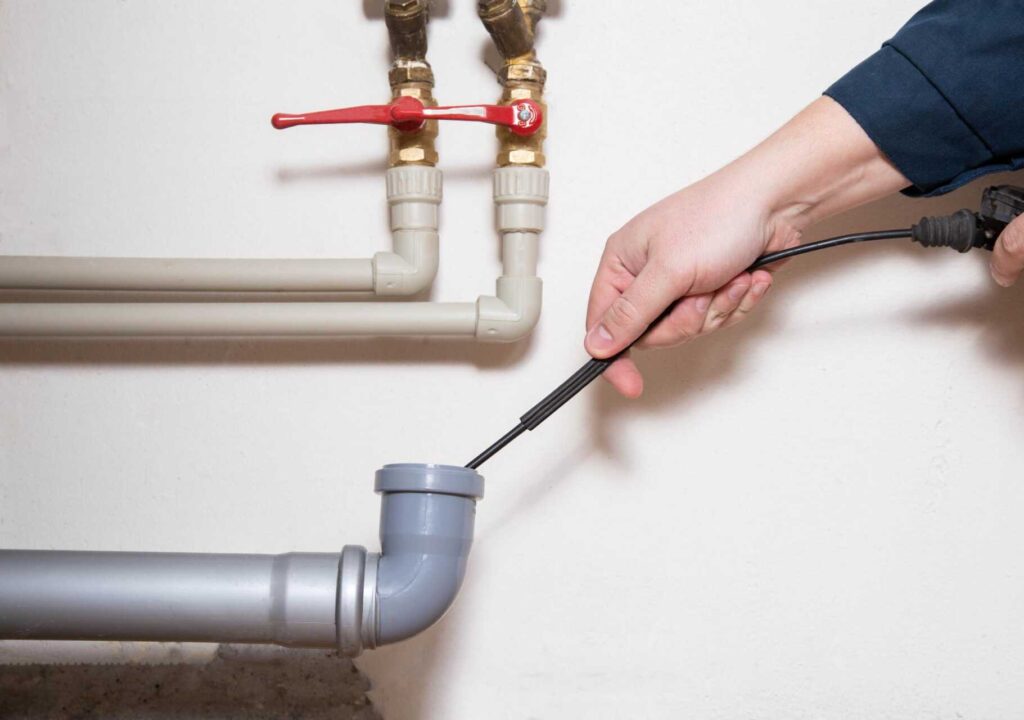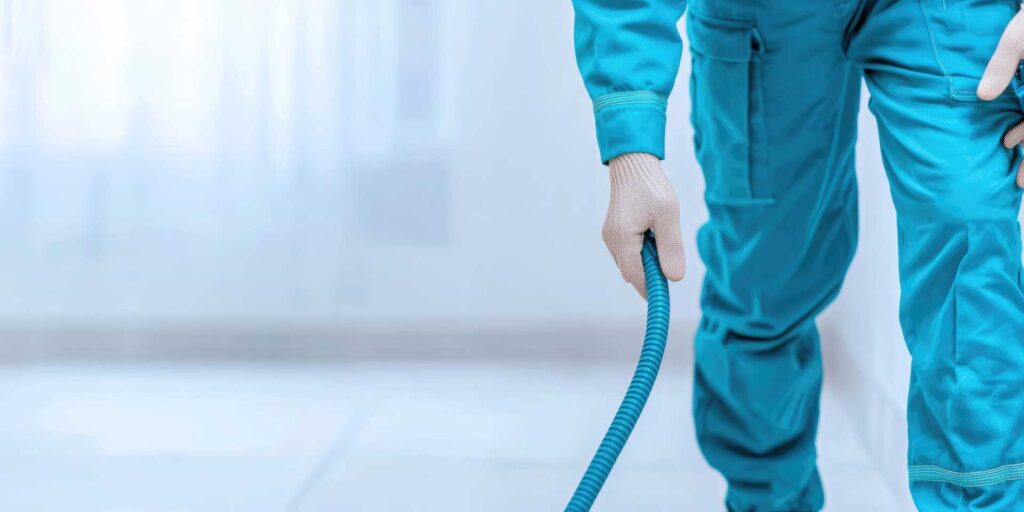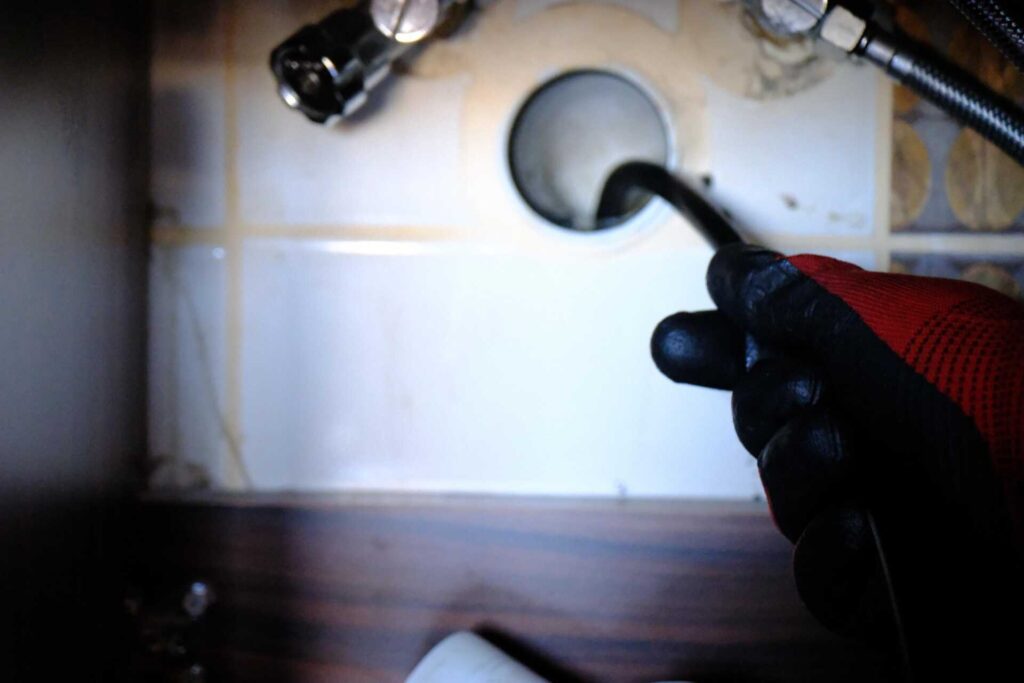
Contents
Much like a hero in a classic tale, you might find yourself battling the relentless foes of blocked pipes. It can be frustrating when everyday habits lead to unexpected clogs. Fortunately, hydro jetting specialists have some practical tips that can help you avoid these plumbing pitfalls. From proper disposal methods to the importance of routine maintenance, there’s a lot to uncover. You’ll want to know how to keep your pipes flowing smoothly without the hassle of frequent blockages. So, what are the essential strategies that can save you from costly repairs?
Key Takeaways
- Regularly schedule hydro jetting sessions to maintain clear and clean pipes, preventing future blockages.
- Use strainers or filters in sinks and showers to catch hair and food particles before they enter the drain.
- Avoid pouring grease down the sink; instead, dispose of it in a container to prevent buildup.
- Monitor tree roots near pipes and consider preventative measures if roots are encroaching on plumbing systems.
- Seek professional assistance for persistent blockages, as experts can identify and address underlying plumbing issues effectively.
Understand Hydro Jetting Benefits
When you’re dealing with blocked pipes, understanding the benefits of hydro jetting can save you time and money. This advanced technique employs high-pressure water streams to clear clogs and clean the interior of your pipes effectively. Unlike traditional methods, hydro jetting provides superior pipe cleaning effectiveness, ensuring that even stubborn debris and buildup are removed.
One of the key hydro jetting advantages is its ability to reach difficult areas within your plumbing system. The powerful jets can navigate bends and turns, ensuring a thorough clean that augments the overall lifespan of your pipes. This method clears the immediate blockage and prevents future issues by eradicating grease, scale, and tree roots that can cause recurring problems.
Moreover, hydro jetting is environmentally friendly. It relies solely on water, reducing the need for harsh chemicals that can damage your plumbing and harm the environment. This aspect resonates with homeowners who seek sustainable solutions for their plumbing needs.
Additionally, you’ll find that hydro jetting is time-efficient. While other methods may require multiple attempts and extended downtime, hydro jetting often resolves issues in a single session. This means less disruption to your daily routine and more peace of mind knowing your plumbing is in prime condition.
Identify Common Blockage Causes
Identifying common blockage causes is essential for maintaining the health of your plumbing system. You might be surprised to learn that many clogged drains stem from a few recurring culprits. Grease buildup is a major issue; when you wash greasy substances down the sink, they can solidify and create stubborn pipe obstructions. Make it a habit to dispose of grease properly to prevent this.
Hair is another common offender, especially in bathroom drains. It can easily intertwine with soap residue, leading to significant blockages over time. Consider using drain screens to catch hair before it slips into your pipes.
Food particles often contribute to clogged drains in kitchens. Even small bits can accumulate, causing blockages. Ensure you’re using your garbage disposal correctly and never put fibrous or starchy foods in it.
Additionally, tree roots can invade pipes, causing serious obstructions. If you live in an area with mature trees, be vigilant about checking for signs of root intrusion.
Finally, foreign objects accidentally flushed down toilets can create immediate problems. Items like wipes, cotton balls, and even children’s toys can lead to severe blockages.
Choose the Right Equipment
Choosing the right equipment for hydro jetting is vital for effectively clearing blocked pipes. When you invest in the correct tools, you ensure the success of your job and the longevity of your equipment. Here’s what you need to take into account:
High Pressure Nozzles: Select nozzles that fit your specific needs. Different nozzles produce varying spray patterns and pressures, making them suitable for different types of blockages. A rotating nozzle is particularly effective for stubborn clogs.
Water Pressure Rating: Verify your jetting machine can handle the required pressure. Most blockages require a minimum of 3,000 PSI, but some tough obstructions may need more. Always check the manufacturer’s guidelines.
Hose Length and Diameter: Choose hoses that are long enough to reach the blockage while maintaining an appropriate diameter for the water flow. A wider hose can facilitate higher water volumes, improving cleaning efficiency.
Equipment Maintenance: Consistent maintenance is essential for peak performance. Regularly check for wear and tear on hoses and nozzles, and make sure your equipment is clean and free of debris to prevent future issues.
Implement Preventive Maintenance
Implementing preventive maintenance is essential to ensuring your hydro jetting system operates efficiently and effectively. Preventive measures can save you from costly repairs and unexpected downtime. By conducting regular inspections, you can ascertain that your equipment remains in peak condition and can handle blockages effectively.
Start by scheduling routine check-ups for your hydro jetting system. During these inspections, look for signs of wear or damage, such as leaks in hoses or corrosion on nozzles. Addressing these issues promptly can prevent more significant problems down the line. Additionally, clean your equipment after each use to remove debris and buildup that can affect performance.
Another key aspect of preventive maintenance is monitoring your water quality. Contaminants in your water supply can lead to clogs and damage to your system. Installing filters or purifiers can help maintain superior water quality, ensuring that your hydro jetting equipment operates smoothly.
Don’t forget about the importance of training your team. Ensure that everyone involved in operating the hydro jetting system understands how to use it properly and recognizes signs that maintenance is needed. Regular training sessions will keep everyone informed about best practices and the importance of preventive measures.
Ultimately, dedicating time and resources to preventive maintenance will enhance the longevity and performance of your hydro jetting system. By staying proactive, you protect your investment and contribute to a more efficient and reliable plumbing solution.
Seek Professional Assistance
When faced with persistent blockages or complex plumbing issues, seeking professional assistance can be a game-changer. Attempting to resolve severe plumbing problems on your own might lead to more damage and higher costs. Professionals are trained to tackle these situations efficiently and effectively. Here are some reasons why you should consider calling in the experts:
Accurate Pipe Inspection: Professionals utilize advanced tools, like video cameras, to inspect your pipes accurately. This helps identify the root cause of the blockage and any underlying issues.
Emergency Plumbing Services: If you’re experiencing a plumbing emergency, specialists are available 24/7. They can quickly assess the situation and provide immediate relief to prevent further damage.
Expertise and Experience: Skilled plumbers have the training and experience to handle complex issues. They know which techniques, like hydro jetting, are most effective for your specific problem.
Long-Term Solutions: Professionals don’t just fix the immediate issue; they provide long-term solutions to prevent future blockages. Their insights can help you maintain a healthy plumbing system.
Recap
In the domain of plumbing, a little preventative care goes a long way. By adopting these expert tips, you can keep your pipes flowing smoothly and avoid the dreaded backup. Think of hydro jetting as a gentle cleanse for your plumbing system, helping to wash away stubborn debris. When you proactively manage your drains and seek professional help when needed, you’re ensuring a harmonious flow in your home, free from the interruptions of unexpected clogs.
